Government plans to cut net metering electricity purchase rate
The federal government has planned to cut the tariffs for electricity purchased from net metering consumers by Rs17, sources said, as it shared a “power purchasing plan” with the International Monetary Fund’s review mission.
Under the plan, the government intends to buy electricity at a rate of up to Rs10 per unit. In the recent past, electricity generated by net metering users was being bought at a rate of 27 rupees per unit.
Net metering, the existing system, allows consumers to reduce their electricity bills by using solar power. In contrast, gross metering, a suggested modification, involves selling all the surplus energy back to the grid, possibly at a rate lower than the consumers pay to use it.
An IMF delegation is in Pakistan for its biannual review of the $7 billion bailout deal. The successful conclusion of talks would result in the release of a $1 billion tranche.
Experts have encouraged the use of solar panels, however, they warned that the financial strain on the net metering system could increase to Rs503 billion over the next decade if reforms were not brought to the rooftop solar policy.
Their concern came after a decline of over 10% in grid electricity demand. Major cities such as Lahore, Karachi, Islamabad, Faisalabad, and Peshawar represent 80% of the country’s net metering users, with the total number of connections surpassing 226,440, reports said.
Meanwhile, sources added that the IMF has queried how the issue of off-grid users would be addressed, to which the government has not yet been able to provide a clear answer or plan. Negotiations are also under way with the IMF regarding power companies.
The Fund has called for utlising financial flexibility to reduce circular debt.
‘Zero tax’ on captive power plants irks Fund
The Fund has “expressed dissatisfaction” regarding the lack of gas tariffs for captive power plants, sources said.
But the Petroleum Division has clarified to IMF officials that the tariffs would be “retroactively” enforced from January 1. The IMF officials raised concerns about potential legal challenges arising from retroactive notifications, insisting that gas tariffs should be “notified immediately instead.”
The mission has directed the implementation of a grid transition levy for captive power plants and praised efforts to control circular debt within the power sector.
Read more
IMF raises concerns over Pakistan’s strategy for declining electricity demand due to solarisation
Discussions with IMF could reduce electricity prices by Rs10 to Rs12/unit: Leghari
Pakistan to replace solar net metering with gross metering: report
Power Division’s strategy
The Power Division has shared its strategy for eliminating circular debt with the IMF, outlining plans to borrow Rs1.2 trillion from banks, of which Rs300 billion would be settled. Around Rs600 billion would be cleared by waiving late payment surcharges.
In its briefing, the Division officials told the Fund that “a surcharge of Rs2.8 per unit would be applied to electricity bills to repay the bank loans over five years.” A proposal to introduce a new scheme for retailers with fixed taxes was under consideration for the budget.
The IMF has demanded that the Federal Board of Revenue complete its transformation plan “promptly” and take measures to control the illegal tobacco market.
For the latest news, follow us on Twitter @Aaj_Urdu. We are also on Facebook, Instagram and YouTube.








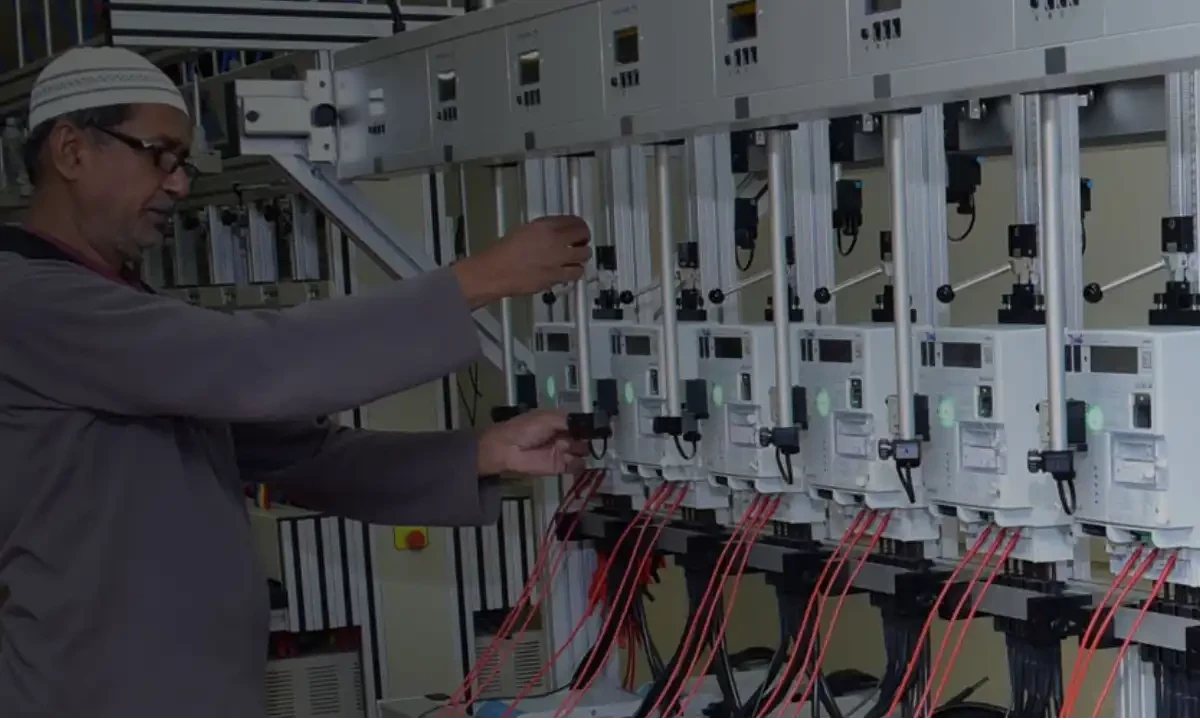






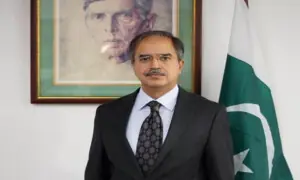


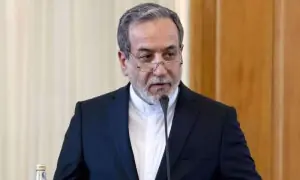





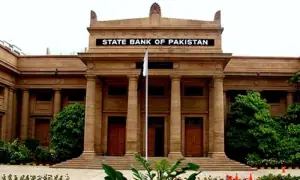
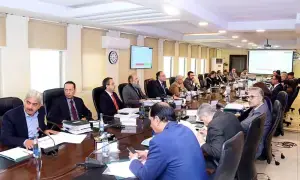
Comments are closed on this story.